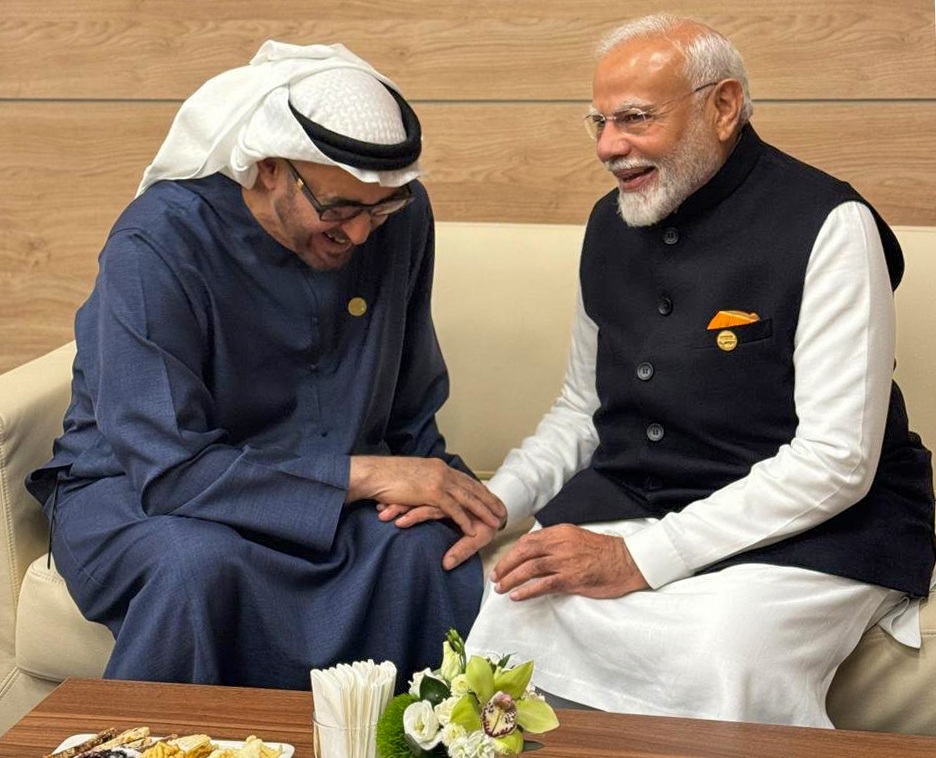The new strategy would serve as a guideline to tackle every aspect, whether it is governance or data as a national resource…reports Asian Lite News
The government is expected to release a new cybersecurity strategy this year, Lt Gen Rajesh Pant, the National Cybersecurity Coordinator at the Prime Minister’s Office said at an event.
The coordinator, at an event organised by the Public Affairs Forum of India (PAFI), added that the strategy would holistically cover the entire ecosystem of cyberspace in India.
“The vision of this strategy is to ensure safe, secure, resilient, vibrant, and trusted cyberspace,” he said.
The new strategy would serve as a guideline to tackle every aspect, whether it is governance or data as a national resource, or building indigenous capabilities or cyber audit, to name a few.
There are about 80-odd deliverables coming out of this new strategy, he added.
The theme of the PAFI Dialogue was ‘Cyber Security in the New Normal.’
“Pandemic has shot up the cyber-crimes in India by 500 per cent and India is one of the top 3 attacked countries in the world as far as cyber-attacks are concerned,” Pant said.
There are emerging threats from the proliferation of new technologies like drones and IoT devices.
To ensure a safe, secure and trusted cyberspace, the government has taken a series of initiatives.
“Cybercrimes are increasing. Attribution is the difficult part and now (cybercriminals) have started taking advantage of the dark web. Pandemic gave the perfect storm to the cybercriminals,” he added.

Last month, India has called for international action to achieve a framework for global cybersecurity at UN Security Council.
Outlining the dangers to international peace emanating from cyberspace, India’s Foreign Secretary Harsh Vardhan Shringla told the Security Council: “We need to adopt a collaborative rules-based approach in cyberspace and work towards ensuring its openness, stability and security.”
Shringla said: “The borderless nature of cyberspace, and more importantly anonymity of actors involved, has challenged the traditionally accepted concepts of sovereignty, jurisdiction and privacy.
“As a victim of terrorism, India has always underlined the need for member states to address and tackle the implications of terrorist exploitation of the cyber domain more strategically.”
Some countries “are leveraging their expertise in cyberspace to achieve their political and security-related objectives and indulge in contemporary forms of cross-border terrorism”, he said.














